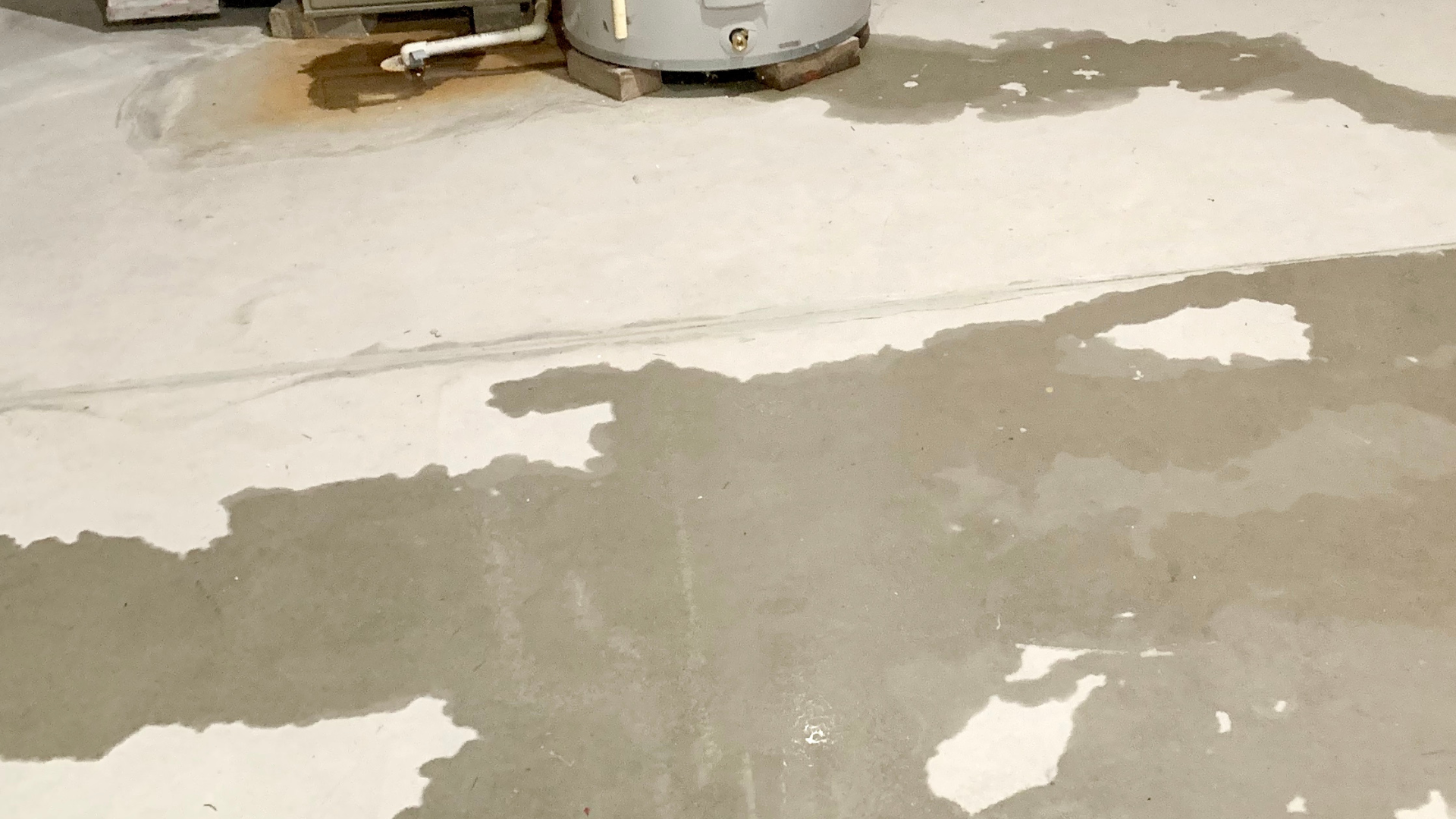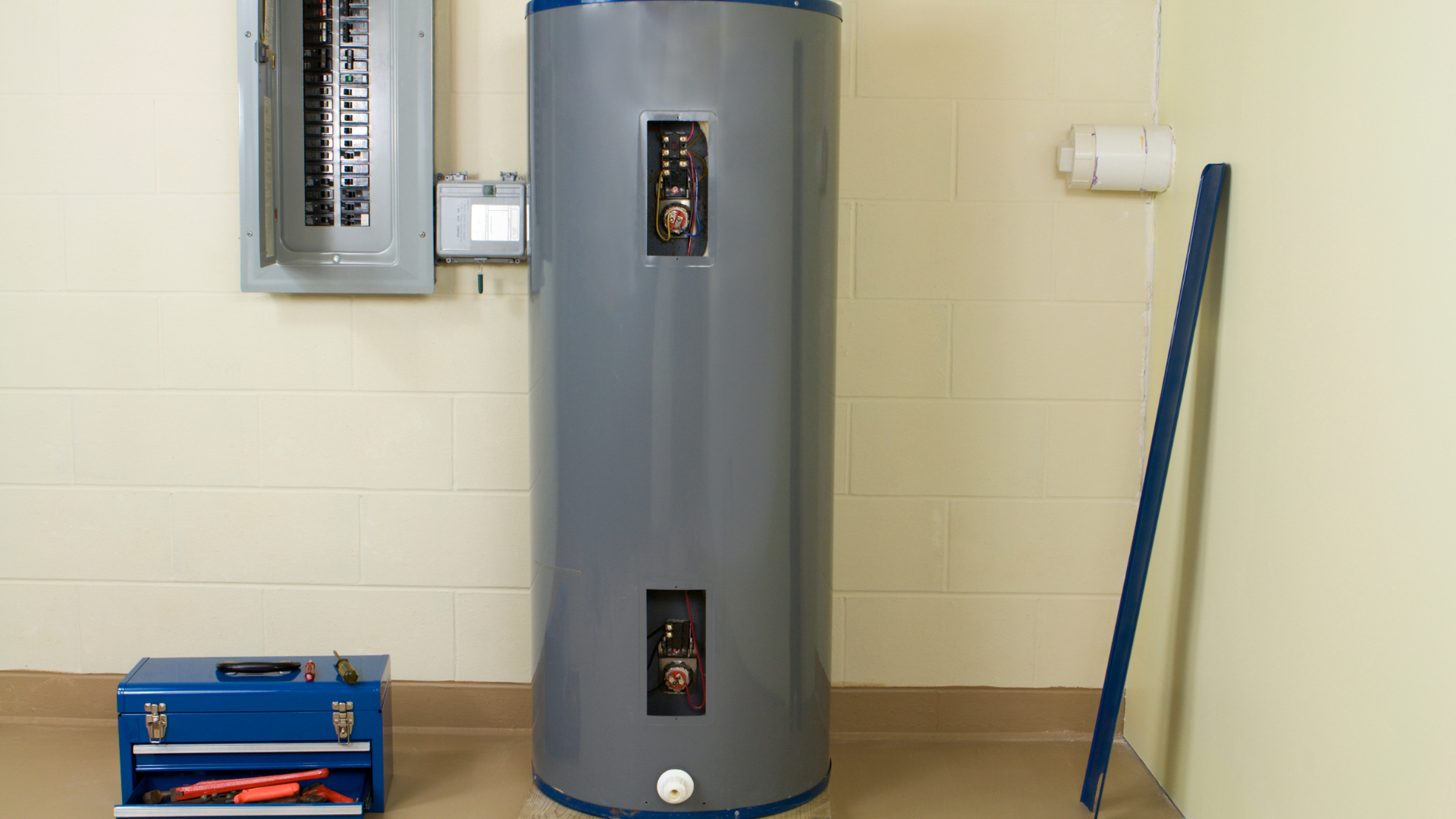Utah
Your Utah Home Project: Understanding Licensing, Sales Tax, and Verification

Planning a home improvement project in Utah requires a clear understanding of the state's contractor licensing system and how sales tax applies. Utah has well-defined regulations through its Division of Occupational and Professional Licensing (DOPL), designed to protect consumers by ensuring contractors meet specific qualifications. Knowing these details is key to a successful and compliant project.
Contractor Licensing in Utah: Statewide Regulation
In Utah, most individuals or businesses performing construction work, including home improvement projects, are required to be licensed by the Utah Department of Commerce, Division of Occupational and Professional Licensing (DOPL). There are specific license classifications for different types of work:
- B100 General Building Contractor: This license allows work on any building or structure, including remodeling, repairing, and building. However, B100 licensees cannot perform plumbing, electrical, or mechanical work themselves unless they also hold those specific licenses.
- R100 Residential and Small Commercial Contractor: This license permits work on residential properties (single-family or multi-family homes with 4 units or less) and small commercial projects. Similar to the B100, it excludes plumbing, electrical, and mechanical work.
- E100 General Engineering Contractor: For projects related to fixed works like highways, bridges, etc., rather than typical home building.
- Specialty Contractors (e.g., S220 Carpentry, S280 Roofing, S350 HVAC, S270 Paint & Drywall, etc.): These licenses are for specific trades. A specialty contractor can only perform work within their designated classification.
- P200/P201 Plumbing Contractors (General/Residential): Requires a Master Plumber qualifier.
- E200/E201 Electrical Contractors (General/Residential): Requires a Master Electrician qualifier.
- Handyman Exemption: A handyman can perform jobs without a contractor's license if the total cost of materials and labor for the job is under $3,000. With a specific "handyman exemption" registration, they can go up to $7,000. For projects above these thresholds, a full contractor license is required.
Key Licensing Requirements:
- Experience: Most licenses require a minimum of two years (4,000 hours) of paid work experience in the construction industry within the past 10 years, with some classifications requiring one year in a supervisory role.
- Pre-licensure Education: Applicants must complete a state-approved 25-hour pre-licensure education program.
- Exams: Passing the Utah Business & Law Exam is mandatory for most classifications. Trade-specific exams are also required for specialty licenses.
- Insurance: Contractors must carry continuous general liability insurance (minimum aggregate coverage usually $300,000). If they have employees, worker's compensation insurance is also mandatory.
- Business Registration: The contractor's business entity must be properly registered with the Utah Department of Commerce.
Always confirm your prospective contractor holds the correct license for the specific type and scope of work your project involves.
Sales Tax on Home Service Projects in Utah
Utah has a state sales tax rate of 4.85%. Additionally, local sales taxes apply, which can vary by city and county, often bringing the combined rate up to 7% or more.
Here's how sales tax generally applies to home service projects in Utah:
- Contractors as Consumers (Most Common):
- For construction contractors who convert tangible personal property (materials like lumber, drywall, fixtures) into real property (your home's structure), they are generally considered the "consumers" of those materials.
- This means the contractor pays sales tax to their suppliers when they purchase the materials.
- The contractor then DOES NOT typically charge you, the homeowner, sales tax on the total contract price (including both materials and labor) for the finished real property improvement. The sales tax on the materials is already incorporated into the contractor's cost.
- This rule applies to most projects where materials become a permanent part of your home.
- Repairs and Renovations of Tangible Personal Property:
- If the service involves the repair, renovation, or cleaning of tangible personal property (e.g., a freestanding appliance, not permanently attached to the real property), then sales tax would apply to both the parts used and the labor for that repair.
- Important Nuance: If an item is permanently attached to real property but is removed for off-site repairs, it is considered tangible personal property during that repair process, and the repair charges (parts and labor) are taxable. Once reinstalled, it reverts to real property.
- Separately Stated Items: If a contractor sells tangible personal property separately to you (e.g., you buy a new fixture from them, and they then install it), they would collect sales tax on the sale of that item. However, for most integrated home improvement projects, the "contractor as consumer" rule prevails.
Always request a clear, itemized estimate or contract from your contractor that details how sales tax is applied to materials and labor. If you have specific questions, contact the Utah State Tax Commission for clarity.
How to Verify Licensing in Utah
Verifying a contractor's license in Utah is a critical step for consumer protection. The Utah Division of Occupational and Professional Licensing (DOPL) provides an easy-to-use online tool for this purpose.
Utah DOPL Licensee Lookup & Verification System:
- This is the official and most reliable tool for verifying all contractor licenses (B100, R100, E200, P200, all specialty S-classifications, and handyman exemptions).
- You can search by licensee name, business name, or license number.
- The lookup will show:
- The license status (active, inactive, expired, suspended).
- The license class and classifications the contractor holds.
- Any disciplinary actions against the license.
- DOPL License Lookup: https://secure.utah.gov/llv/search/index.html (or search "Utah DOPL license lookup")
Utah Department of Commerce - Business Entity Search:
- While DOPL handles licensing, ensure the contractor's business entity is properly registered with the Utah Department of Commerce. This confirms they are a legitimate legal entity.
- Business Search: Visit the Utah Department of Commerce website and look for a "Business Entity Search" tool.
Proof of Insurance:
- Although the DOPL lookup confirms that insurance is required for licensure, always request a Certificate of Insurance (COI) directly from the contractor's insurance provider. This document will detail their specific coverage limits for general liability and, if applicable, workers' compensation insurance.
By diligently using these official resources, you can confidently choose a licensed, bonded, and insured contractor for your Utah home improvement project, minimizing risks and protecting your investment.
Sources and Resources:
- Utah Department of Commerce - Division of Occupational and Professional Licensing (DOPL):
- Official Website: https://dopl.utah.gov/
- Contracting Licensing Information: https://dopl.utah.gov/contracting/
- Licensee Lookup & Verification System: https://secure.utah.gov/llv/search/index.html
- Utah State Tax Commission:
- Official Website: https://tax.utah.gov/
- Publication 42: Sales Tax Information for Sales, Installation & Repair of Tangible Personal Property Attached to Real Property: https://tax.utah.gov/forms-pubs/pub-42 (This is an essential resource for sales tax on construction).
- Publication 25: Sales and Use Tax General Information: https://tax.utah.gov/forms-pubs/pub-25.pdf
- Utah Department of Commerce - Business Registration:
- Business Search: (Typically found via the main Commerce website or search "Utah Business Entity Search")
Click Another Article to Read More










